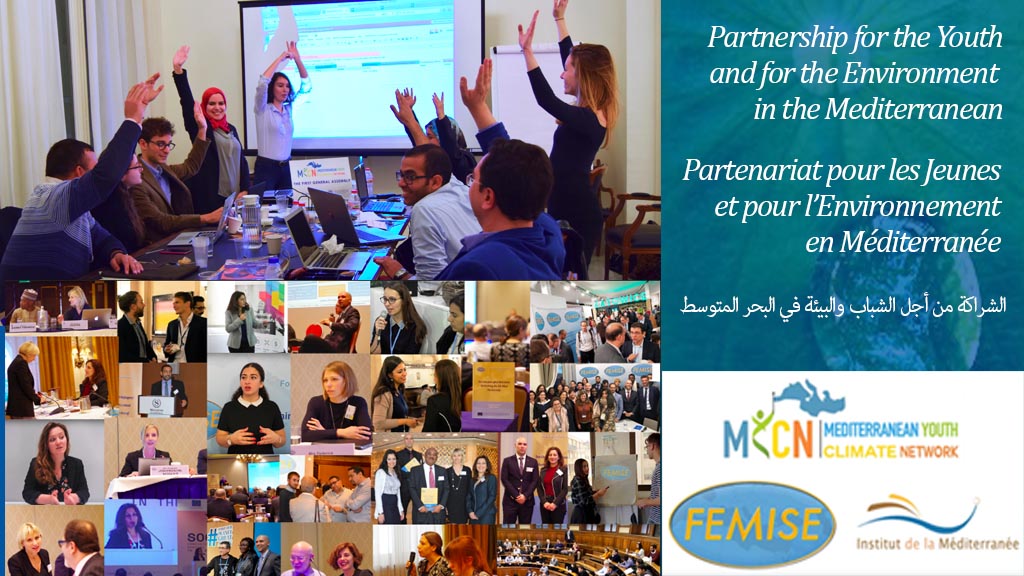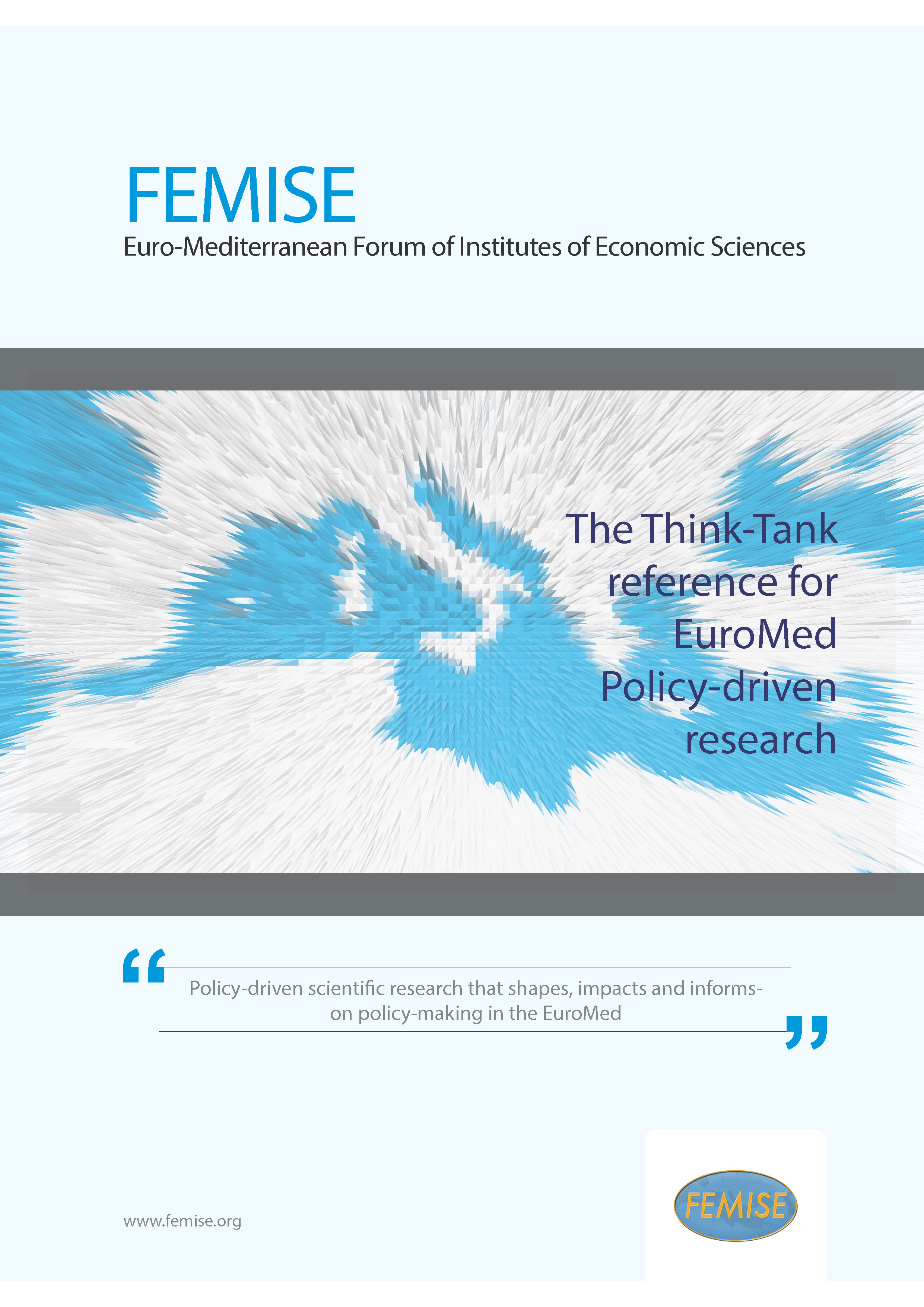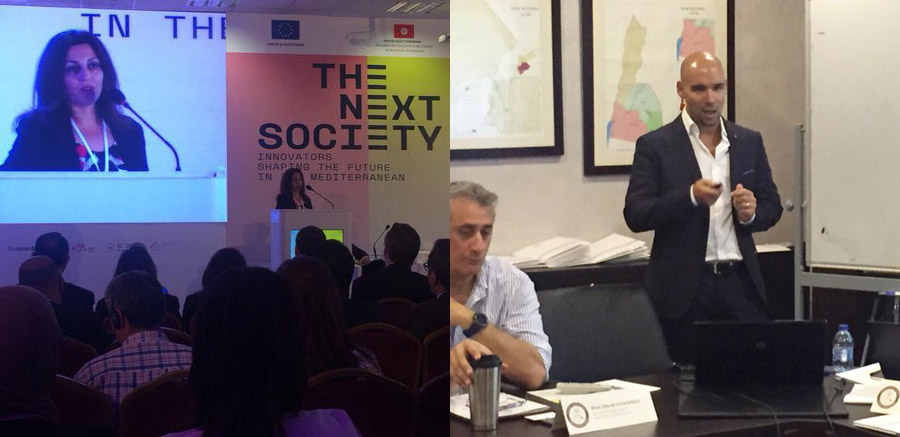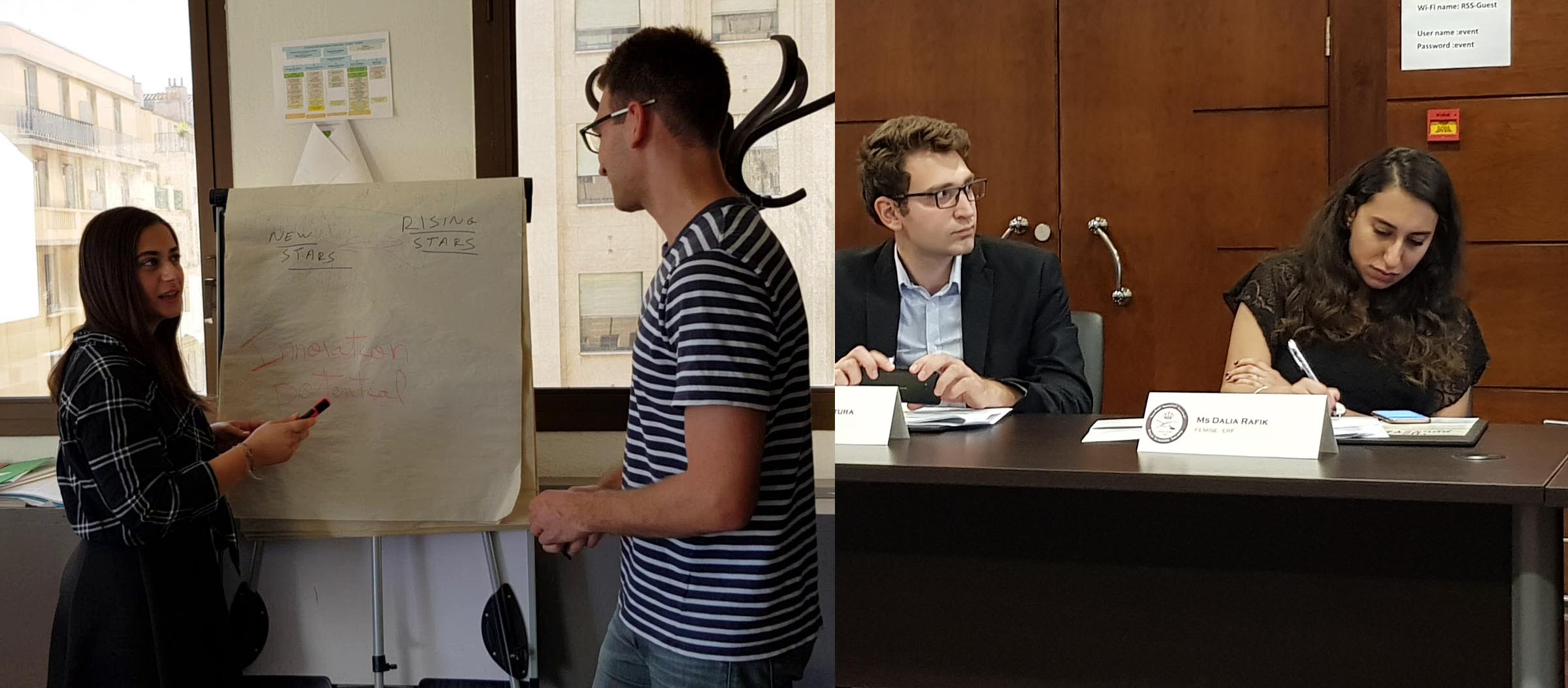
The recent coronavirus crisis threatens the health, economies and societies of all countries. In Southern and Eastern Mediterranean countries, the fight against the pandemic is even more complicated. Cooperation and EU-Med strategies in key sectors are needed. Therefore, the Center for Mediterranean Integration (CMI) and FEMISE join forces and launch their joint series of Policy Briefs called “COVID-19 MED BRIEFS” to pave the way for thematic analyses and policy relevant recommendations.
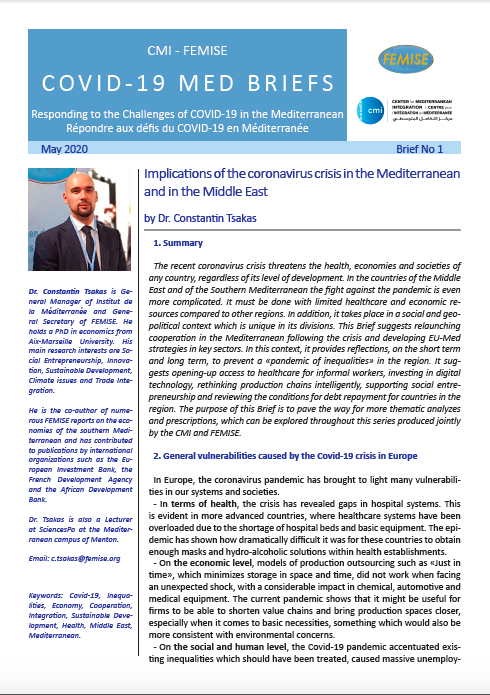 The first COVID-19 MED BRIEF, entitled “Implications of the coronavirus crisis in the Mediterranean and in the Middle East”, by Constantin Tsakas (FEMISE, IM), is available by clicking here.
The first COVID-19 MED BRIEF, entitled “Implications of the coronavirus crisis in the Mediterranean and in the Middle East”, by Constantin Tsakas (FEMISE, IM), is available by clicking here.
Summary : The recent coronavirus crisis threatens the health, economies and societies of any country, regardless of its level of development. In the countries of the Middle East and of the Southern Mediterranean the fight against the pandemic is even more complicated. It must be done with limited healthcare and economic resources compared to other regions. In addition, it takes place in a social and geopolitical context which is unique in its divisions. This Brief suggests relaunching cooperation in the Mediterranean following the crisis and developing EU-Med strategies in key sectors. In this context, it provides reflections, on the short term and long term, to prevent a «pandemic of inequalities» in the region. It suggests opening-up access to healthcare for informal workers, investing in digital technology, rethinking production chains intelligently, supporting social entrepreneurship and reviewing the conditions for debt repayment for countries in the region. The purpose of this Brief is to pave the way for more thematic analyzes and prescriptions, which can be explored throughout this series produced jointly by the CMI and FEMISE.
This Policy Brief is produced as part of the series of Policy Briefs on « Responding to the Challenges of COVID-19 in the Mediterranean » that is undertaken in partnership between FEMISE and the Center for Mediterranean Integration (CMI).



 The policy brief has been produced with the financial assistance of the European Union within the context of the FEMISE program. The contents of this document are the sole responsibility of the authors and can under no circumstances be regarded as reflecting the position of the European Union
The policy brief has been produced with the financial assistance of the European Union within the context of the FEMISE program. The contents of this document are the sole responsibility of the authors and can under no circumstances be regarded as reflecting the position of the European Union